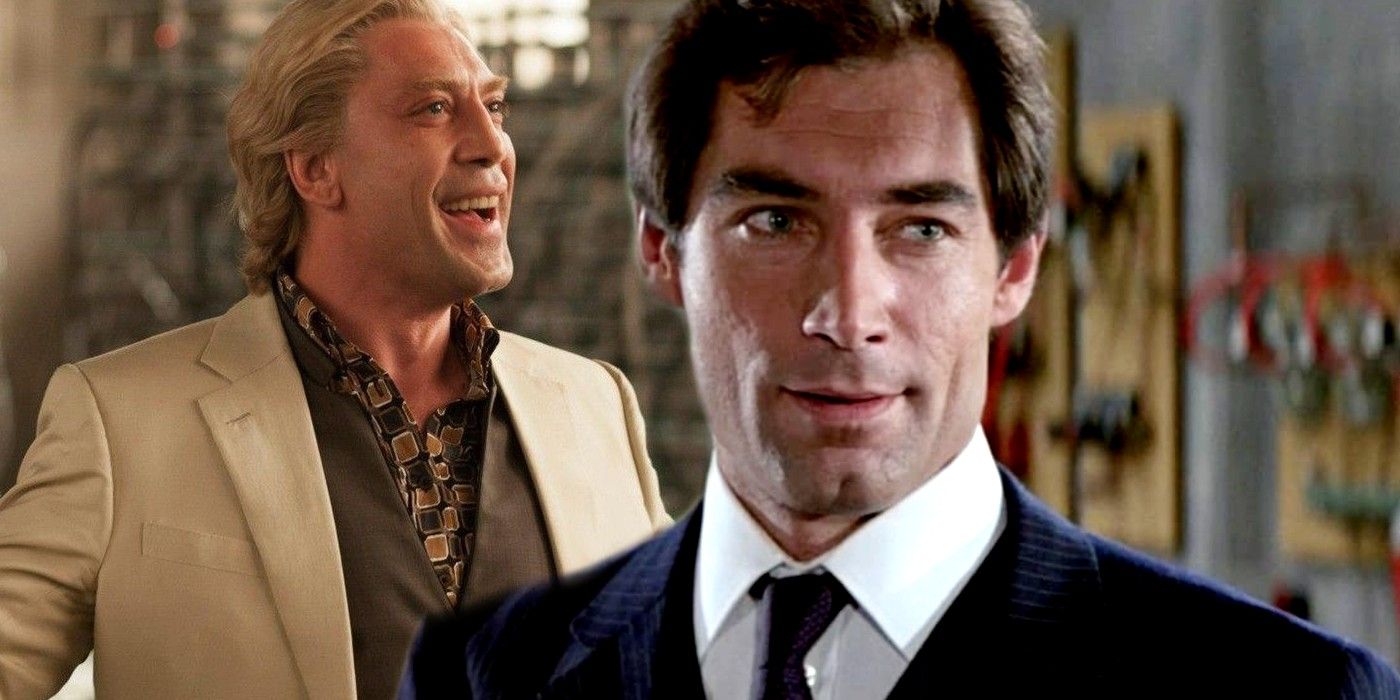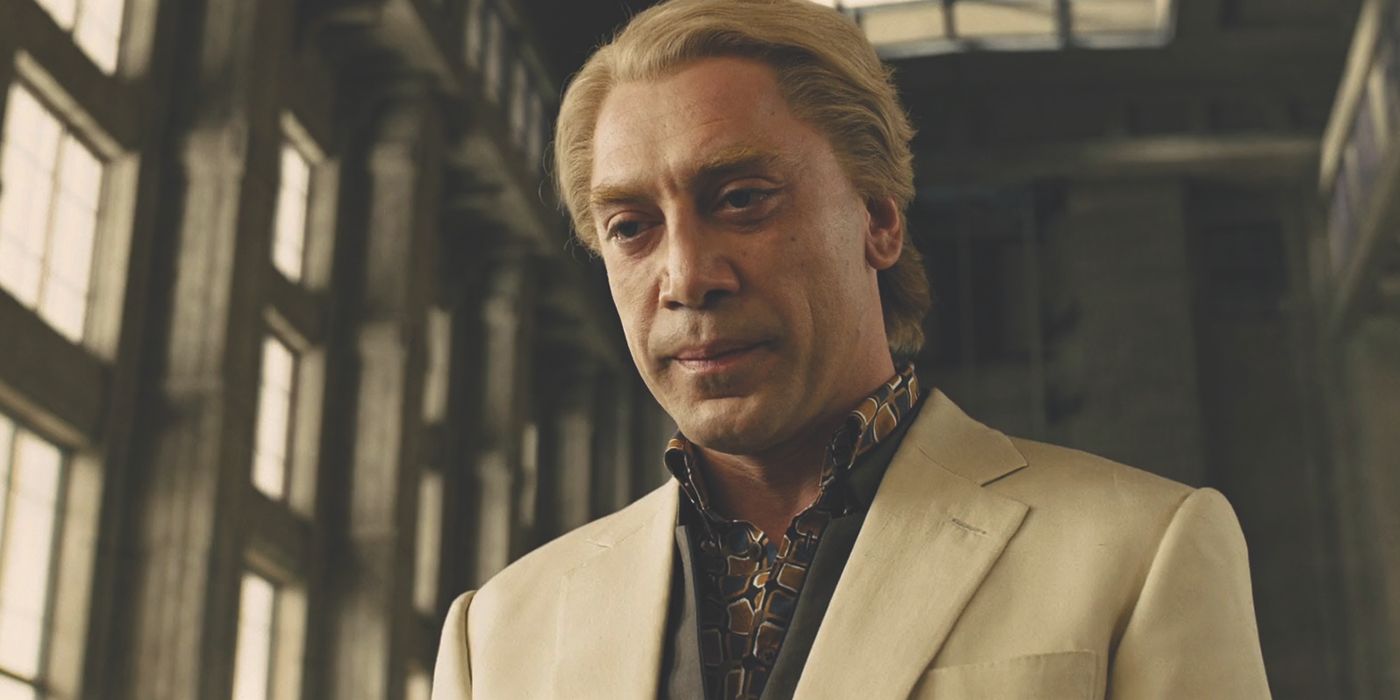
James Bond's world might've been very different had plans to introduce a gay agent not been scrapped. The James Bond franchise is known for many things, but a progressive outlook on social issues is not one of them. From Connery's woman-slapping 007 to villains based on racial caricatures, James Bond has long taken a conservative stance on representation, and not every instance can be dismissed simply as the product of its era. Homosexuality is another area where James Bond has traditionally been found lacking. Although gay and bisexual characters appeared in the classic films, these were exclusively villains, which isn't actually how it works in real life you'll be amazed to hear. Queer characters were also handled with all the sensitivity of an exploding helicopter, their sexuality teased through hackneyed double-entendres, or ignored in the face of Bond's irresistible masculinity.
That might've been different had a third Timothy Dalton film gone ahead. Following 1989's License To Kill, Bond entered a period of legal uncertainty and constant delays, which ultimately resulted in Dalton departing the role and being replaced by Pierce Brosnan. During that blank period, scripts were written that later ended up on the scrap pile, and a treatment by William Davies and William Osborne would've introduced an openly gay agent working alongside 007.
According to Mark Edlitz in The Lost Adventures of James Bond, the dropped script introduced a character called Jennings - a considerable evolution upon queer characters from 007's past. To begin with, Jennings was an ally of Bond's rather than a baddie - a skilled and heroic American agent, not entirely unlike a hands-on Felix Leiter. Based on the script outline written before Bond 17 morphed into Goldeneye, Jennings' sexuality would've been referenced more explicitly compared to previous characters. However, the focus would've remained upon his exploits in the field, avoiding the common pitfall of defining queer characters solely by their queerness instead of affording them wider traits and stories. During their first meeting, there is a moment where Jennings makes Bond uncomfortable through flirting. This scene would've required a deft touch to avoid devolving into stereotype but, all things considered, Jennings' inclusion sounds like it would've brought positive representation to James Bond.

In the 1990s, openly gay Hollywood action heroes were even rarer than they are today, and though Jennings was only a supporting figure in Bond 17's script, his appearance would've generated headlines and prompted conversations that simply weren't happening at the time. Certainly, James Bond had passed the height of its powers during the Timothy Dalton era, but the series still held enough influence to ensure a prominent LGBTQ+ protagonist would've been a big deal, and set an example for the industry as a whole.
Jennings potentially could've affected James Bond's future directly. The Daniel Craig movies have made gradual but definitive strides toward progression in terms of female and racial representation, and have also included several allusions toward gay characters, such as Bond and Raoul Silva's sexually charged comments in Skyfall. This scene has since been played off by Craig himself as back-and-forth "banter" between enemies, so can James Bond's gay visibility really be said to have moved forward since the old days? Had Bond 17 gone ahead, Jennings might've set a precedent, encouraging Eon to build upon that progress with more fully-realized gay characters throughout the 2000s and 2010s, rather than relying purely on homosexual innuendo and risque subtext that means very little.
from ScreenRant - Feed https://ift.tt/35VxfwY


0 Comments